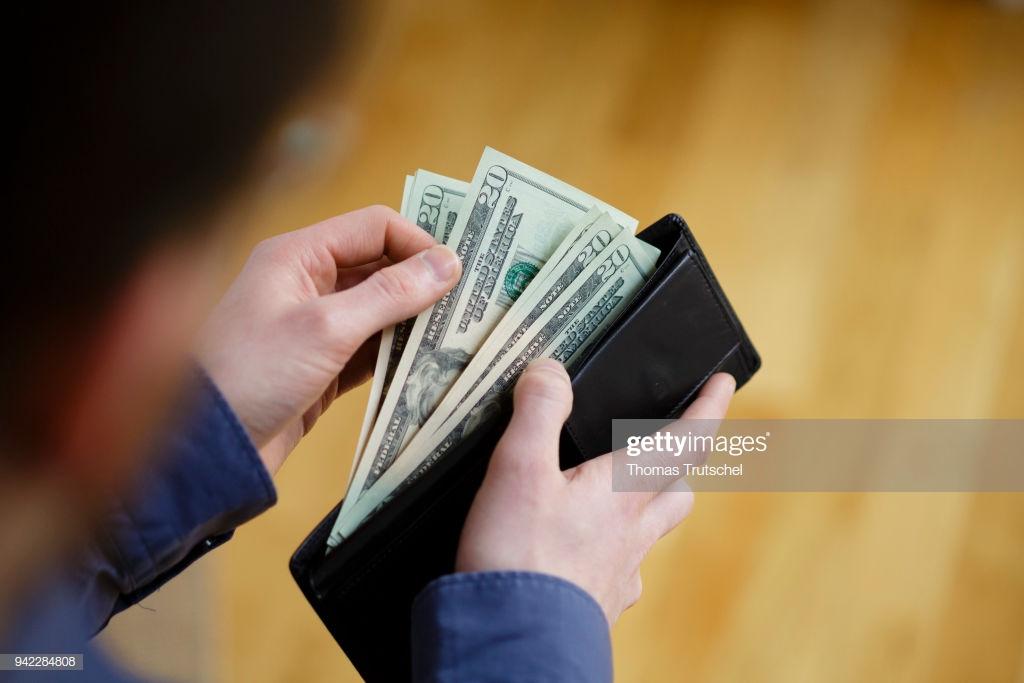Commentary
An early check-in at this $1,000-per-night hotel costs an extra $100. A late check-out is $100 per hour that you stay past 10 a.m. In the same hotel, there is a coffee maker, but a K-cup to put in it runs $4; it’s an incidental. If you use more than one towel, you will be charged for that, too. If you so much as touch the minibar, you will be looted.





